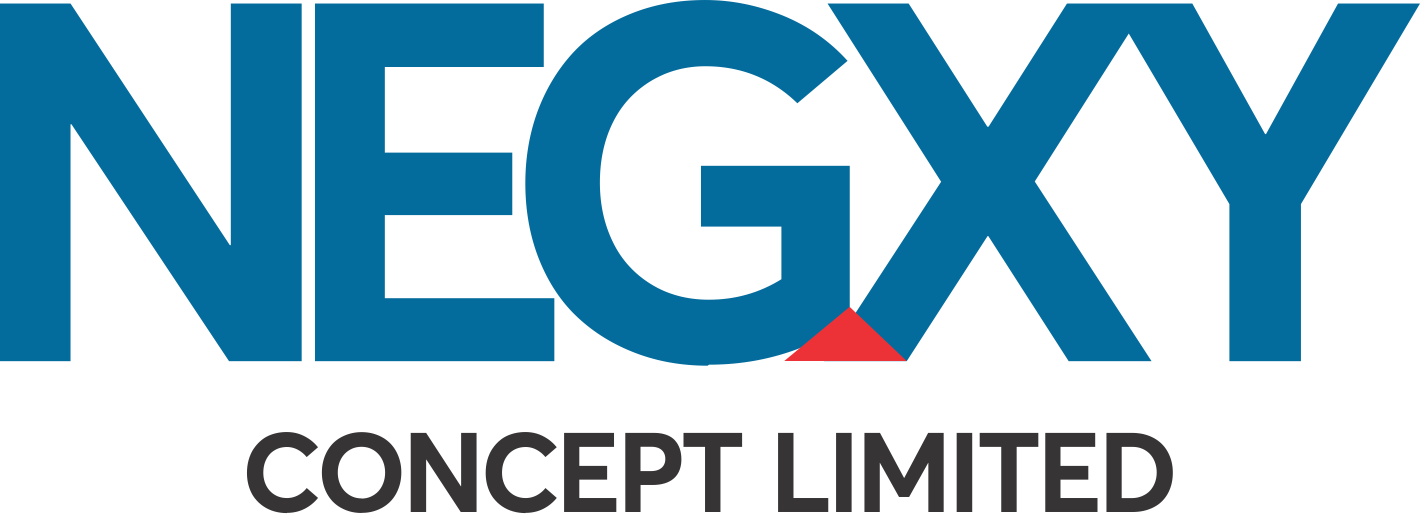Studying in Canada

Canada is a top international education destination for its world-class universities and colleges, post-study work and migration options on offer. The state controls the education sector, thus ensuring that the standard of the educational institutions is top notch. Canada is a popular destination to study abroad for higher study for Nigeria students and other country students.
Education in Canada is built on the British model. And this means – high quality of teaching, close interaction between teachers and students, special attention to research work. At the same time, studying in Canada costs on average cheaper than in the UK or the US.
Canada is one of the leaders in engineering, humanities, natural sciences and high technologies courses. Development of public and international relations, culture, art and education are high priorities of the country. That’s why it’s such a popular study abroad destination among Indian and other international students.
WHY STUDY IN THE CANADA?
Canadians place great importance on learning, and have developed one of the world’s finest education system with high standards. The country spends more on education (as a percentage of GDP) as compared to the OECD (Organization for Economic Co-operation and Development) average, and is the second highest among G-8 countries.
Canada plays host to more than 180,000 International students in any given year. A Degree/Diploma from a Canadian Institute is recognized worldwide. International students who graduate from Canadian Institutions enjoy successful and prosperous careers. Canada is known for its quality education & competitive entry. Canadian Institutes, charge lower tuition fees for international students than their counterparts in competing countries requirements.
All students must have the required English language proficiency with regards to the course.
Documents like Covering Letter, Application Fees, Application Form, Statement of Purpose, Essays, Resume, Recommendation Letters, Transcripts, Mark sheets & Certificate, Test Score Report.
Choose you university and course then meet your education counselor to start the visa application process.
There are a number of organizations in Canada that promote quality and the use of high academic standards in post-secondary programs such as the Association of Universities and Colleges of Canada (AUCC), the Association of Canadian Community Colleges (ACCC) and the Association of Accrediting Agencies of Canada (AAAC). Higher education degrees from Canada are accepted and respected worldwide.
Canada is a federation of ten provinces and three territories. Under the Canadian constitution, provincial governments have exclusive responsibility of all levels of education. There is no ministry or department of education at the federal level.
Canada’s three territories, Yukon, Northwest Territories, and Nunavut, do not have the same constitutional status as the provinces, but with respect to education, the federal government has delegated this responsibility to the territorial governments, which, in turn, cooperate with the provinces to deliver post-secondary programs.
At the post-secondary level, Canada offers a range of education institutions:
- University
- University Colleges
- Community Colleges
- Career Colleges or Technical Institutes
Canada also has the highest ranking cities in North America for living according to the Mercer Human Resource Consulting Worldwide Quality of Living Survey 2007. This ranking is based on two important criteria of safety and stability. Five Canadian cities ranked within the Top 25 cities in North America include Vancouver, Toronto, Ottawa, Montreal and Calgary.
In Canada, you can receive a high quality education in a friendly and welcoming environment for a reasonable cost.
Cost of higher education in Canada is quite affordable as compared to the cost of studying in the UK, Australia, New Zealand and the US. Let’s find out.
- Tuition Fee in Approx(CAD$):
- Undergraduate Bachelor Degree – $15,000 -20000
- Postgraduate Masters Degree – $15,000 to $25,000
- Accommodation Approx(CAD$): $8000 – $12000
- Minimum Cost of Living Approx(CAD$)Average Total – $38,000 per annum
Students seeking short-term training programs in multimedia, film studies, computer/internet studies, graphic design and hospitality and the like apply to career colleges. The emphasis at these institutions is on practical skills and some may specialize in specific areas such as business, computers and secretarial skills. Career colleges have highly competitive fee structures.
University colleges combine Canadian university and college traditions, with a strong base of applied and academic programs offered in campus environments. University colleges offer students a wide range of program choices of either academically-oriented university degree programs or the more practically-oriented college diplomas and certificates.
As part of the Canadian college system, university colleges are distinguished by their strong student support services, small classes and strong campus environment. They also may offer combined degree/diploma programs and university transfer programs.
Students need to submit the application to Ireland Embassy in Nigeria through online applications and the supporting documents needs to be processed through Visa Facilitation centers (VFS). Normal processing times are 6-8 weeks and may take higher during peak seasons.
Normally first year fees need to be paid prior to the visa application. But students applying to certain universities and institutions are allowed to lodge the applications without paying first year fees under ‘Approval in Principle” (AIP Scheme), where you can pay the fee once the visa is approved in principle. However the embassy will stamp the visa only after submission Proof of first year fees paid.
The Canadian student visa is often referred to as a study permit. To apply for a study permit, you’ll need a letter of acceptance from a Designated Learning Institution (DLI). Under Canadian rules, only DLIs are eligible to accept international students.
International students graduating from a program of 2 years or more in length would be eligible for a 3 year work permit after graduation with no restrictions on the types of employment and no requirement for a job offer. The experience gained would provide them an opportunity to work in an international setting and at the same time allow them to earn the money invested. Students who study a one year program are eligible for a one year Work Permit.
There are few universities which accept 3 year degree students for Masters Programs like MBA, MSCS etc.
There are number of programs and good universities in which you can get admission without your GRE/GMAT
There are ‘Pathway’ programs which give you conditional admissions to Tier 1 universities with comparatively low academics and test scores.
